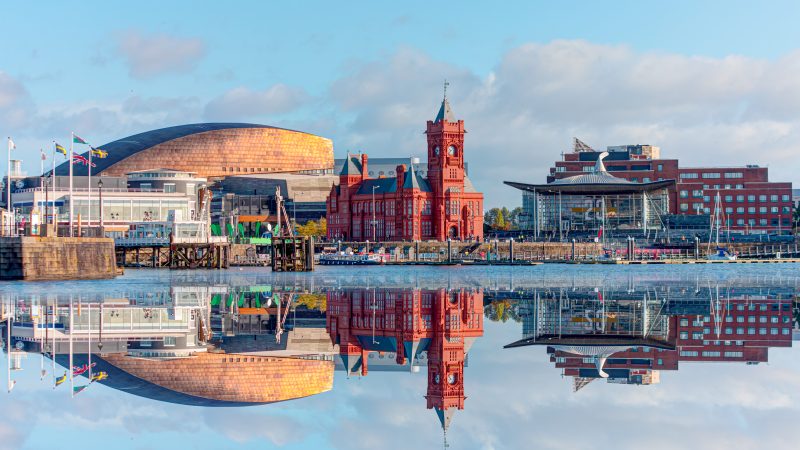
The people of Wales have spoken and been heard. Well, they have at least in 32 of the 40 constituency seats in the Senedd. Polling predictions ahead of the election had been variable, with the worst forecasting an all-time low of 22 seats for Labour and the best suggesting the party was on track to hold onto its current 29 representatives. On the basis of results already declared, it looks like Welsh Labour is on course to buck the negative trend for Labour seen across the rest of the UK.
The Welsh took place on the same day as elections for around 5,000 councillors across the UK, 13 directly-elected mayors, 129 Scottish parliament members, 39 police and crime commissioners and an MP in Hartlepool. Some of these went straight to the count overnight, and results started to land early this morning. Labour lost Hartlepool for the first time since its creation, and the party saw poor results across the rest of England, losing control of councils such as Harlow and Nuneaton, which both went to the Tories.
Welsh Labour has successfully held off the Tories in many places. The party not only held Merthyr Tydfil and Rhymney but saw its majority grow from a 26% share of the vote to 44%. It would have been a long shot for the Tories to win here, but the expectation had been a swing towards the Tories. Labour also held Swansea West (as expected) and again the seat saw a swing from the Tories to Labour, in this case of 2.1%. The Tory target of Gower is perhaps the best example of how effective Labour has been at defending its seats against the Conservatives: Rebecca Evans not only retained the seat, but almost tripled her majority.
The Labour losses in Wales brought by the 2019 general election have not been mirrored in the Senedd results. The party has increased its vote share slightly in Wrexham, which returned a Tory MP to Westminster 18 months ago. Similarly, Labour held Delyn with an increased vote share, despite the Tories also doing better than last time there. This performance was repeated in Bridgend and in Clwyd South. The bad news came from Vale of Clwyd, which bucked the trend as Jason McClellan was pipped to the post by the Tories who secured a slim majority of 366.
The Brexit vote that had a significant impact last time appears not to have done so this week. Both Labour and the Tories have benefited. PLaid Cymru has held onto Arfon, Dwyfor Meirionnydd, Ynys Mon and Ceredigion, but the party will be disappointed with the results overall. Former Plaid leader Leanne Woods lost her seat to Welsh Labour in Rhondda. In Blaunau Gwent, Labour’s majority increased ten-fold at the expense of the nationalists. Plaid failed to take Llanelli as Lee Waters’ majority rose from 382 to a whopping 5,675.
Labour was always expected to be the largest party in the Senedd, but whether it governs with a minority or needs to make a deal with another party is crucial. Tonight and Saturday will bring us the definitive result as the final constituency ballots are counted, as well as those for the 20 regional list seats. Labour is performing well so far, with 22 seats, while the Tories have eight and Plaid four. Amid seriously bleak results for Labour across the rest of the country, Mark Drakeford’s party in Wales is offering cause for celebration.




More from LabourList
Majority of Labour members oppose government’s anti-migration measures
‘First past the post is corroding trust in politics. The government must make all elections fit for the future’
‘Hope starts young: Why Labour must tell the story of a better tomorrow’